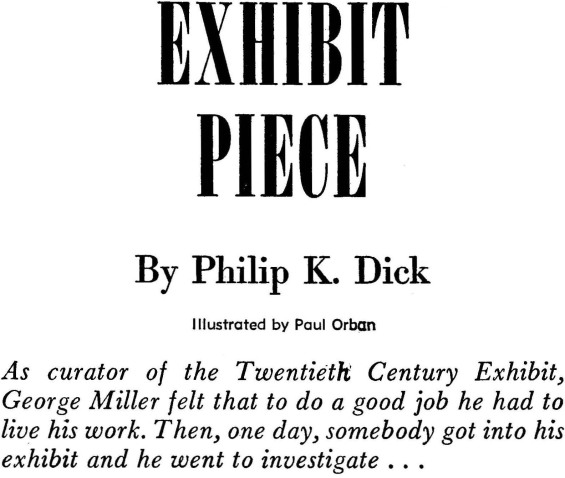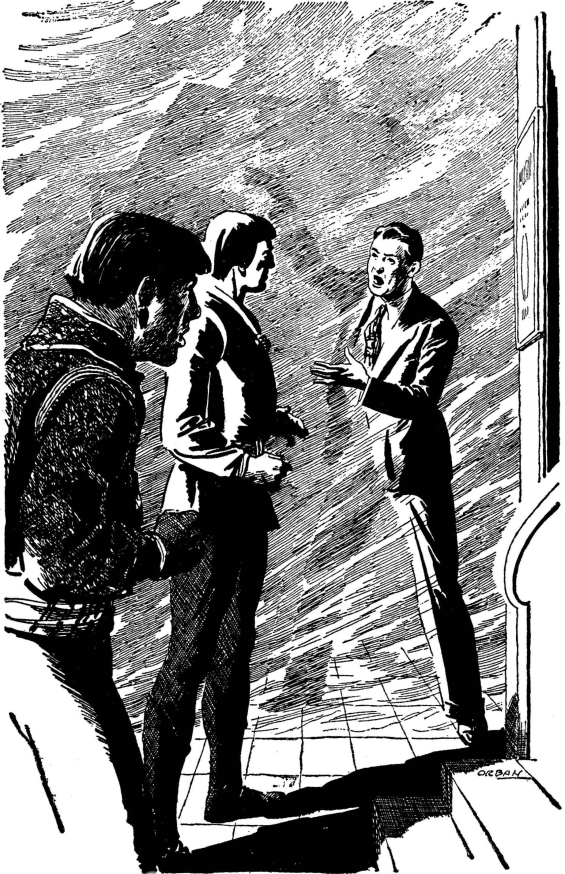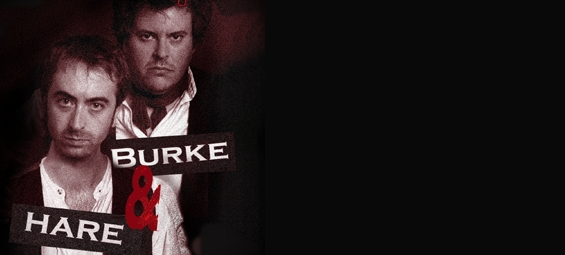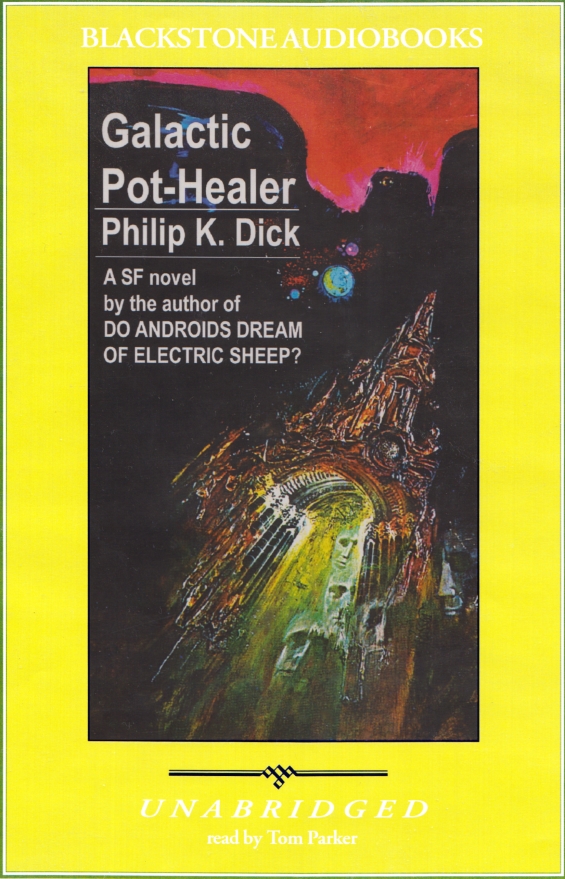
 The SFFaudio Podcast #241 – Jesse and Jenny discuss the 1913 novel Goslings: A World Of Women by J.D. Beresford and the 2013 audiobook from Dreamscape Audiobooks.
The SFFaudio Podcast #241 – Jesse and Jenny discuss the 1913 novel Goslings: A World Of Women by J.D. Beresford and the 2013 audiobook from Dreamscape Audiobooks.
PUBLIC DOMAIN |ETEXT|
Talked about on today’s show:
Dreamscape Audiobooks, narrator Matthew Brenher, English dialects (and accents), a casual apocalypse, running out of water, “he’s going to beat his family”, “and we’re very English and we’re moving on”, a world of women,
A global plague has decimated England’s male population and the once-predictable Gosling family is now free to fulfill its long-frustrated desires. When Mr. Gosling leaves his family to peruse his sexual vices, the Gosling daughters, who lack experience and self-independence, find shelter in a matriarchal commune. However their new life is threatened by the community elders’ views on free love.
that’s not what it feels like, what do the women want?, Thrail and his perspective, the Gosling’s perspective, Thrail’s journal, an implicit trust in the British authorities, fathoming an empty world, what is Mother Gosling’s ultimate fate?, a very gentle book, the cruelest moment in this book is the confrontation at the tobacconist’s, “you stupid slut”, a gentle apocalypse, 70% of the population dies, The Stand by Stephen King, exploding heads, Earth Abides, the war of all against all, almost all the men die, the harem, Thrail is asexual, a dalliance with a coquette, Jenny blames Father Gosling, the proximal cause, “we’re wasting the potential of women”, Eileen (aka Lady Eileen), marriage never really protected women, a world of slaves, men can be feminists too, why does it take a man to write a book about a world of women?, J.D. Beresford modeled Thrail on H.G. Wells, Jack London, the 1910s, the Bolshevik revolution, Mastering The Art Of Soviet Cooking, Mastering the Art of Soviet Cooking: A Memoir of Food and Longing by Anya Von Bremzen, an anti-disestablishment bill, the Anglican Church, church and state, the fundamentalist religious people in this book, so many critiques, a very thoughtful book, intellectualism, “you don’t want books, keep your eyes open and think”, Thrail worked on every continent, Thrail is needed for his manly skills (not just his sperm), “the Jewess”, is this casual racism?, this is a weird book because its about fashion, a Science Fiction novel about FASHION!, the clothing, pants, work clothing, Thrail is the Beresford mouthpiece, Thrail’s Dr. Watson, “you’re so mighty!”, women want to attract mates but their worried about what other women think, and men are into fashion too, a vigorous bike ride, “get out of the city”, the suppressed lech, “I saw the god in the father”, a transition back to nature, Sterling, the ending, what’s going on in America, this story would never work now, Goslings is completely of its time, a really well written book, Beresford wrote a book about H.G. Wells, Neil Gaiman, the neat ending undercuts the book, a new way to be, why do we like these downer books, Jenny likes to see what happens when things get torn apart, a farm commune, the thieving, the religious group, class distinctions, fashion and class, Louis Vuitton, a signifier of class, men are not the oppressors, people are oppressing themselves, we weren’t even slaves to intelligence and efficiency, a strong educated woman, a funny utopian book, utopia/dystopia, compared to the end of Earth Abides, the war bride phenomena, think of the children, Virus (1980) aka Day of Resurrection (PUBLIC DOMAIN), an inversion of the situation in Goslings, rape is not okay, how do we rebuild the world with only eight women and eight hundred men?, The Best Of All Possible Worlds by Karen Lord, On The Beach by Nevil Shute, Gooses?, Ganders?, goslings grow up, growing up, Blanche is the elder daughter, Millie becomes a harem girl, beautiful hair, “if you stop I’m gone”, Thrail doesn’t want to suffer the fools, sex in that bush, the women are jealous, “history is a series of stories about the worst fucking people in the world”, bastard after bastard, asshole after asshole, “slut” is the insult word for women, etymology of swear words, bitch, bastard, a term of unworthiness, men worry about bastard children, women are worried about having sluts near their husbands, the terms don’t apply anymore, religious sects that don’t sexually reproduce, the Shakers, the rapture, J.D. Beresford was agnostic and then a theosophist, Paris intellectuals, Madame Blavatsky, the universal over-soul, séances, the cause, the 19th century, “newspapers newspapers newspapers”, disposable income, social negotiations, the girls could push their dad’s buttons, when the hard truth comes…, Jean Claude Van Damme, Jenny plows her own fields, “more beets, less kale”, the prepper phenomenon, a seed bank, all the planting zones are shifting, growing beets and kale in Antarctica, there are only two flowering plants in Antarctica.
Posted by Jesse Willis











